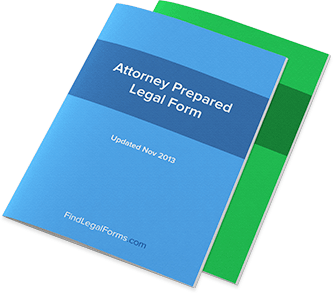Three Things You Should Know About Intellectual Property Licensing
Intellectual property has been around for a long time, covering a range of art forms and sciences. It’s been around since the patent – U.S. patents are virtually as old as the United States itself. And intellectual property has been protected in this country through the golden age of Hollywood and TV, up until the present day, when it’s more relevant than ever.
But protecting your intellectual property is not the topic for today. Rather, being sure that you can leverage your property into a real income is the goal. Intellectual property that provides a lot of value to a lot of people should not go ignored; it should generate income to reward the person who created the intellectual property in the first place. But how is money made from intellectual property?
In a word: licensing. But since so many people are confused about the subject, we’ll break it down to its simplest form and tell you three things you need to know about this process to leverage the most possible financial gain from your intellectual property.
1. Everything should be in writing.
Granting someone permission to use your intellectual property without having anything in writing can be very risky – mainly because it’s so hard to prove a licensing agreement ever existed between you and the person using your property. That’s why it’s so imperative to put license agreements down on paper; you want to make sure that the money you’ve agreed to is actually being paid to you. Any potential fraud should be mitigated by handling the process right from the beginning. And since the licensing agreement is put in writing, you can further help yourself by making provisions early on for the payment of the licensing fees. This will help ensure that each person you’re selling the license to is complying with your requests to make licensing as easy on you as possible.
2. Your license agreement should be specific.
Because the phrase “intellectual property” encompasses such a wide range of creative and intellectual endeavors, it should go without saying that your specific licensing agreements need to articulate exactly which of your intellectual property is being discussed. Is a specific song being licensed, or an entire range of music? Is there something that isn’t specific but should be? The more specific your contract is, the better your licensing agreement will be.
It’s better to be ‘too” specific than not to be specific enough when it comes to many contracts. That doesn’t mean that using a licensing form can’t be a simple process, but you’ll still want to make sure both sides are fully accountable for what they’re trying to do. Without specifics, an agreement like this is essentially meaningless.
3. You should fight hard for your property.
Too many people forget just how extensive intellectual property rights can be. They allow other people to use their property without permission and don’t take any action because they believe that there isn’t much money to be made, or that they don’t’ have a solid complaint to be made. But the truth is that intellectual property law is not only extensive, but very specific in the way it addresses your creations. You should be willing to fight hard for your property and generate an income from it if someone else is making money off of your work.


